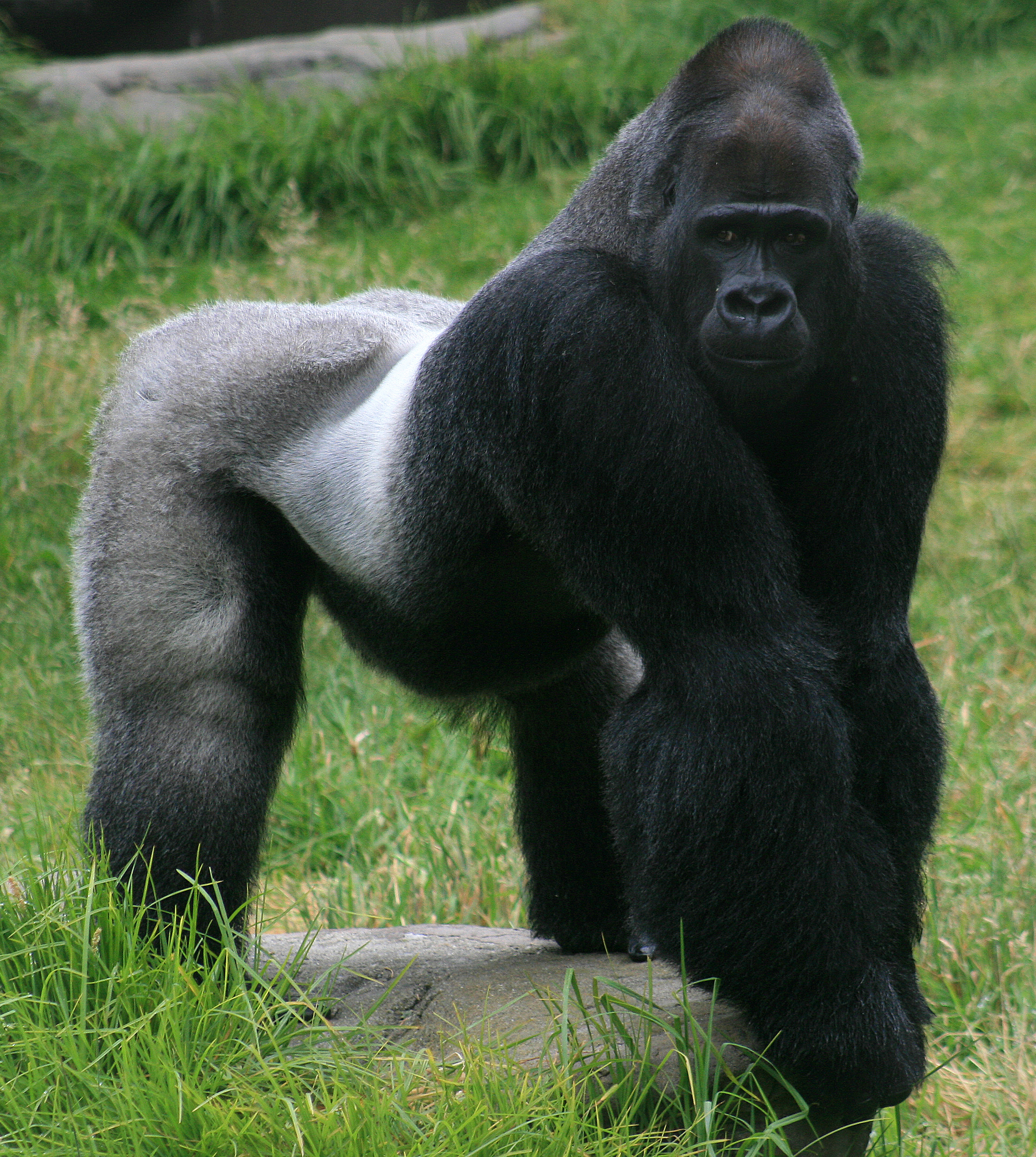Re my upcoming book project on STEM innovation ethos at MIT & Stanford compared, I wonder how, in beginning to teach programming with Scratch (from MIT) drag & drop programming language at Stanford with robotics, with focus on enjoyment, this could lead to making programming easy (e.g. Scratch with voice)
Re my upcoming book project on STEM innovation ethos at MIT & Stanford compared, I wonder how, in beginning to teach programming with Scratch (from MIT) drag & drop programming language at Stanford with robotics, with focus on enjoyment, this could lead to making programming easy— scottmacleod (@scottmacleod) November 6, 2018
https://twitter.com/scottmacleod/status/1059859276301127680
*
Compare STEM cultures of MIT w Stanford ethnographically since '60s, in addition to my Harbin research, in terms of their WONDERS & http://scott-macleod.blogspot.com/2017/05/pelican-creating-world-class-computer.html re
https://twitter.com/scottmacleod/status/1059859276301127680 & http://scott-macleod.blogspot.com/2016/07/carrot-compare-stem-cultures-of-mit.html Find exs. like MIT's Scratch that have gone both ways -re rigor & ease?
Compare STEM cultures of MIT w Stanford ethnographically since '60s, in addition to my Harbin research, in terms of their WONDERS & https://t.co/Eus8CxKrJl rehttps://t.co/Y1KUtNI8b4 & https://t.co/MBaZml59mK Find exs. like MIT's Scratch that have gone both ways -re rigor & ease?— WorldUnivandSch (@WorldUnivAndSch) November 6, 2018
https://twitter.com/WorldUnivAndSch/status/1059904200690135040
https://twitter.com/scottmacleod/status/1059903797307142144
*
MIT CS begins in ~1972 in Cambridge out of EE beginning in 1902. Stanford CS begins in 65 (as does UC Santa Cruz). 1960's alternative ethos play big role in both then - MA & CA. Pre-book, how would both of these emerge newly in #RealisticVirtualEarthForHistory w #FilmTo3D App ?
MIT CS begins in ~1972 in Cambridge out of EE beginning in 1902. Stanford CS begins in 65 (as does UC Santa Cruz). 1960's alternative ethos play big role in both then - MA & CA. Pre-book, how would both of these emerge newly in #RealisticVirtualEarthForHistory w #FilmTo3D App ?— scottmacleod (@scottmacleod) November 6, 2018
https://twitter.com/scottmacleod/status/1059906510648561664
https://twitter.com/WorldUnivAndSch/status/1059904200690135040
*
Just finished reading Stanford President Emeritus John Hennessy's great book "Leading Matters: Lessons from my Journey" (Stanford Press 2018) How could a @WorldUnivAndSch @WUaSPress book in conversation - & focusing on the 1960s & '70s as formative culture - be inspired by this?
Just finished reading Stanford President Emeritus John Hennessy's great book "Leading Matters: Lessons from my Journey" (Stanford Press 2018) How could a @WorldUnivAndSch @WUaSPress book in conversation - & focusing on the 1960s & '70s as formative culture - be inspired by this?— scottmacleod (@scottmacleod) November 6, 2018
https://twitter.com/scottmacleod/status/1059907727017889794
. . .
Signposts from Stanford President Emeritus John Hennessy's great book "Leading Matters" - Humility, Authenticity & Trust, Leadership as Service, Empathy, Courage, Collaboration & Teamwork, Innovation, Intellectual Curiosity, Storytelling, Legacy, Coda: Books-NEW LEADERSHIP IDEAS
Signposts from Stanford President Emeritus John Hennessy's great book "Leading Matters" - Humility, Authenticity & Trust, Leadership as Service, Empathy, Courage, Collaboration & Teamwork, Innovation, Intellectual Curiosity, Storytelling, Legacy, Coda: Books-NEW LEADERSHIP IDEAS— scottmacleod (@scottmacleod) November 6, 2018
https://twitter.com/scottmacleod/status/1059914575385165825
*
In developing a method to MIT<>Stanford comparative STEM ethos of innovation out of the '60s book: countercultural history, Video as source > #RealisticVirtualEarth as idea generator, Programs as source, engage spec. exs. like Scratch newly at S, -which might have gone either way
In developing a method to MIT<>Stanford comparative STEM ethos of innovation out of the '60s book: countercultural history, Video as source > #RealisticVirtualEarth as idea generator, Programs as source, engage spec. exs. like Scratch newly at S, -which might have gone either way— WorldUnivandSch (@WorldUnivAndSch) November 6, 2018
https://twitter.com/scottmacleod/status/1059908908033003521
https://twitter.com/WorldUnivAndSch/status/1059909171183804416
*
Method continued (which I've mentioned in blog+): interviews with coders, faculty, innovators from MIT & Stanford in the '60s & '70s both for book, and to generate an archive / record, primary source material - & perhaps as a key 1st use of interview re https://scott-macleod.blogspot.com/search/label/ethno-wiki-virtual-world-graphy ~
Method continued (which I've mentioned in blog+): interviews with coders, faculty, innovators from MIT & Stanford in the '60s & '70s both for book, and to generate an archive / record, primary source material - & perhaps as a key 1st use of interview re https://t.co/TlAD10XUFm ~— WorldUnivandSch (@WorldUnivAndSch) November 6, 2018
https://twitter.com/WorldUnivAndSch/status/1059910250856374274
https://twitter.com/scottmacleod/status/1059910612040536065
*
(searched on 'leadership species in nature wikipedia')
...








No comments:
Post a Comment